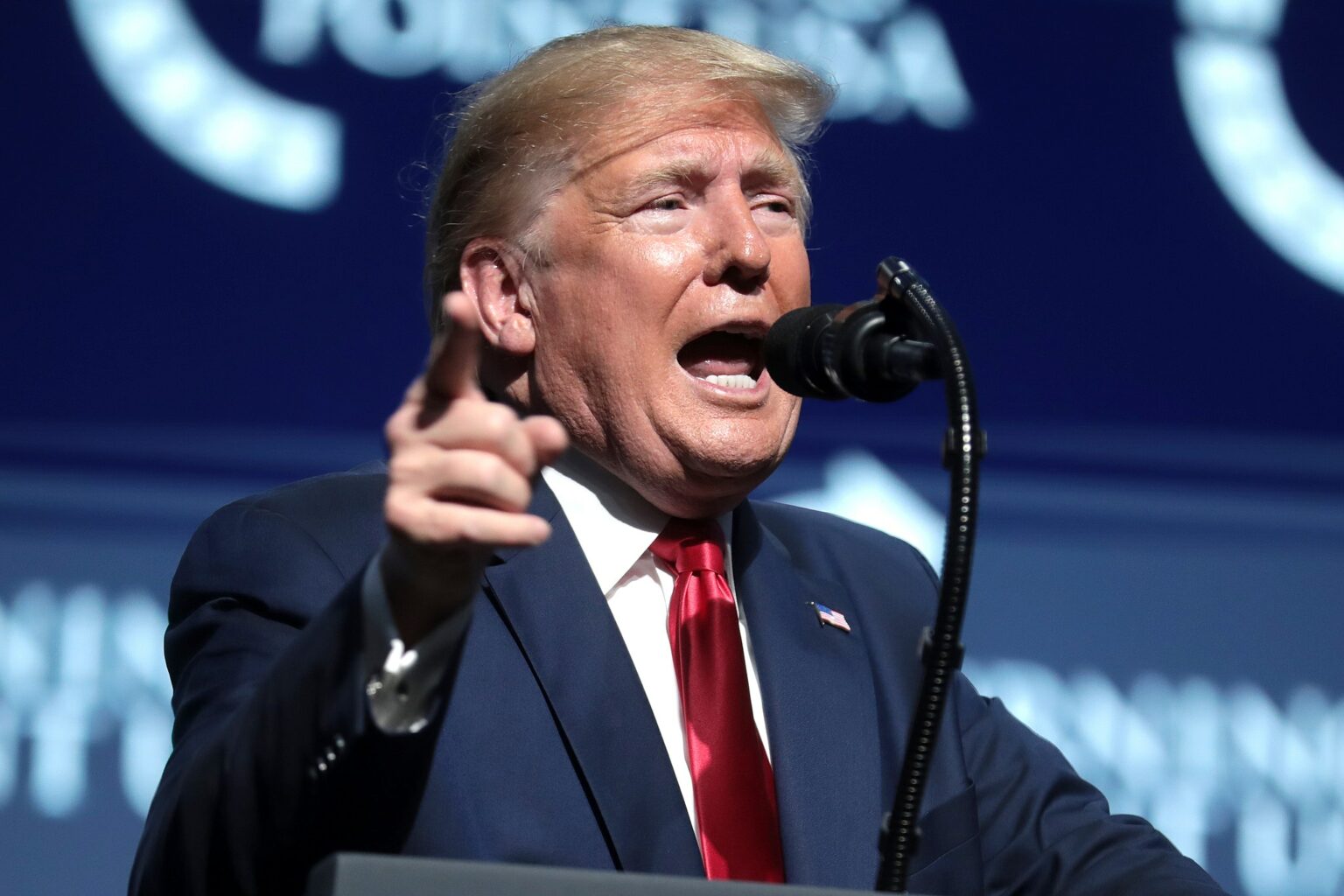Far-Left Democrats Demanding Too Much From Biden?
In the realm of American politics, a significant tension brews between President Joe Biden and his progressive base, raising concerns about the trajectory of the nation’s governance. The Congressional Progressive Caucus (CPC) has unveiled an ambitious policy agenda designed to shape the post-2024 landscape should Democrats secure a majority. Among its proposals, the CPC advocates for a federally mandated minimum wage of $17 per hour, a figure deemed contentious even within Democratic ranks due to its potential adverse impact on businesses, particularly in local economies. Additionally, the CPC pushes for the passage of the Protecting the Right to Organize Act, which seeks to enforce mandatory union dues for workers.
Amidst these policy aspirations lie broader ideological objectives, including a fervent desire for a radical overhaul of Senate dynamics. The CPC advocates for the elevation of Washington, D.C., to statehood, a move perceived as an attempt to secure additional Democratic representation in the Senate. Furthermore, the caucus calls for the elimination of the Senate’s legislative filibuster, a procedural mechanism often viewed as a barrier to swift and unilateral legislative action. This maneuver is indicative of a broader discontent among some Democrats with the traditional norms of bipartisanship and compromise.
Notably absent from the CPC’s agenda are specific policy stances on issues such as Israel, although the sentiments of its leadership suggest a leaning towards a more balanced approach in the Israeli-Palestinian conflict. Progressive Caucus Chairwoman Pramila Jayapal’s remarks underscore this inclination, emphasizing the importance of acknowledging grievances on both sides of the conflict.
However, the CPC’s agenda does not align seamlessly with the broader Democratic platform, presenting a dilemma for President Biden. Despite his attempts to navigate a middle ground, Biden faces mounting pressure from within his party to embrace more radical policies. This pressure is evident in his administration’s approach to issues such as immigration and student loan debt, where progressive activists advocate for sweeping reforms.
Ultimately, the tug-of-war between Biden and his progressive base highlights the complex dynamics shaping contemporary American politics. As the nation approaches the 2024 elections, the outcome will likely hinge on the extent to which Biden can reconcile these competing interests and chart a path forward that balances progressive aspirations with broader political realities.
